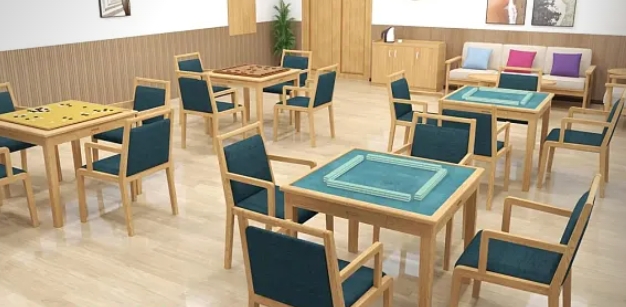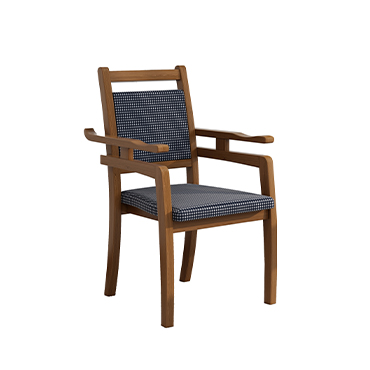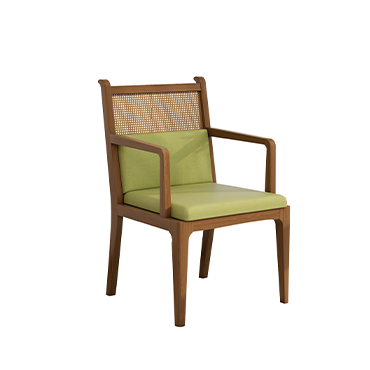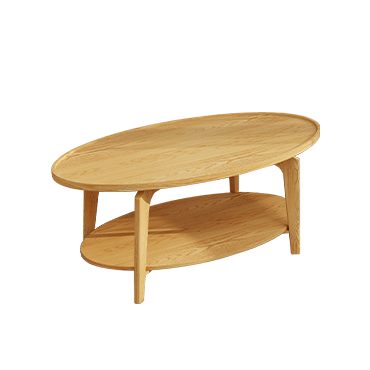Elderly Care Models in Germany: Nursing Homes & the Role of Senior-Friendly Furniture

In Germany, elderly care comes in various forms. Besides in-home care, senior residential communities, and co-living models, institutional elderly care plays a crucial role. Germany has over 12,000 elderly care institutions, including daycare centers, senior apartments, nursing homes, and hospice care hospitals, catering to different needs.
1. Institutional Elderly Care
Most elderly care institutions in Germany are located in residential areas, with some in suburban or vacation areas. These facilities provide 24-hour professional care, ensuring a safe and comfortable environment for seniors.
(1) Senior Apartments
Designed for relatively healthy and independent seniors, these apartments are equipped with age-friendly features such as barrier-free access, non-slip flooring, and emergency call systems. Residents maintain their independence while having access to on-site healthcare and caregiving services.
(2) Nursing Homes
Nursing homes are suitable for elderly individuals requiring long-term care, such as those with disabilities or chronic illnesses. Professional caregivers provide round-the-clock medical and daily assistance to ensure their well-being.
(3) Hospice Care Hospitals
For seniors in their final stages of life, hospice care hospitals focus on providing compassionate end-of-life care. They prioritize comfort and emotional support, allowing individuals to pass away peacefully.
2. The Importance of Senior-Friendly Furniture in Elderly Care
Whether in-home or institutional elderly care, senior-friendly furniture plays a vital role in ensuring safety, comfort, and convenience. Germany has developed advanced designs tailored to the needs of the elderly, improving their quality of life.
(1) Adjustable Beds
Beds with adjustable heights help seniors get in and out of bed safely, reducing fall risks. Some beds are equipped with side rails and lift functions to accommodate different care needs.
(2) Ergonomic Chairs & Shoe Benches
Ergonomically designed chairs provide better back support and reduce spinal pressure. Shoe benches make it easier for seniors to put on and remove footwear, enhancing everyday convenience.
(3) Barrier-Free Tables & Storage Units
Tables are designed to accommodate wheelchair users, while storage units reduce the need for seniors to bend down, improving accessibility and safety.
3. Future Trends in Elderly Care
With global aging trends, elderly care models will continue evolving, and senior-friendly furniture will become more intelligent. For example, sensor-equipped beds, automated kitchen appliances, and voice-controlled nursing facilities will be integral to future elderly care.
Conclusion
Germany’s elderly care institutions provide comprehensive services, while senior-friendly furniture enhances safety and comfort. Learning from Germany’s experience and integrating smart technology will be key to the future of elderly care worldwide.





